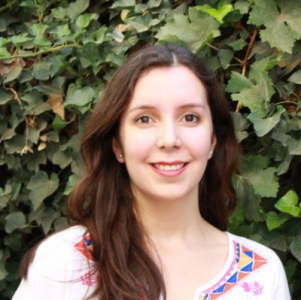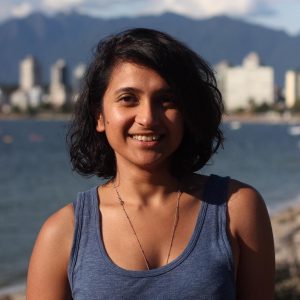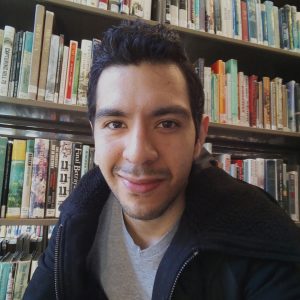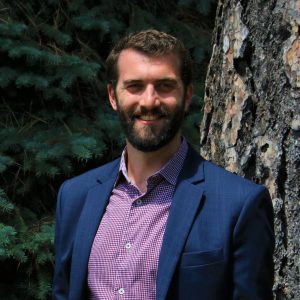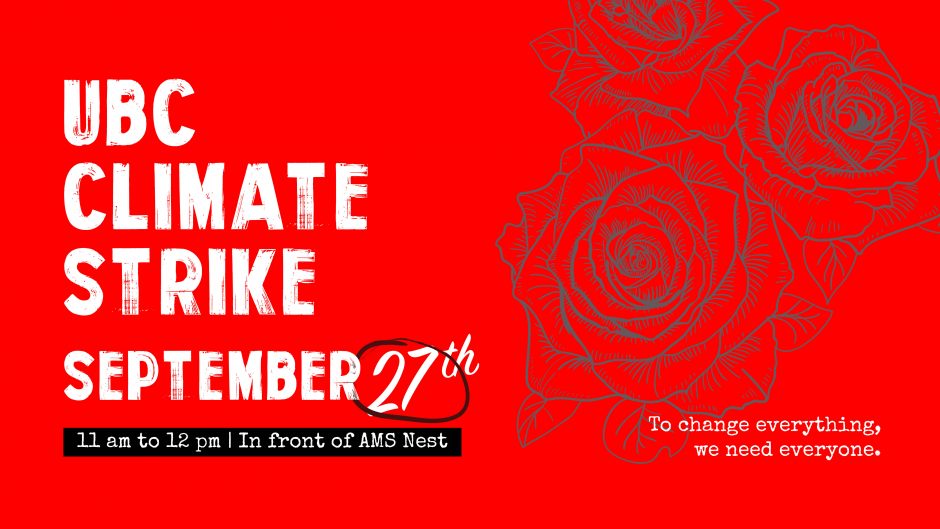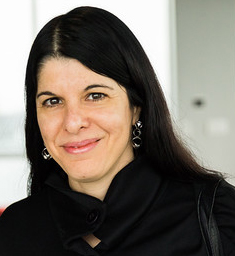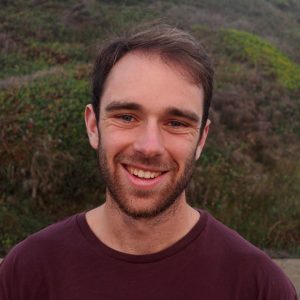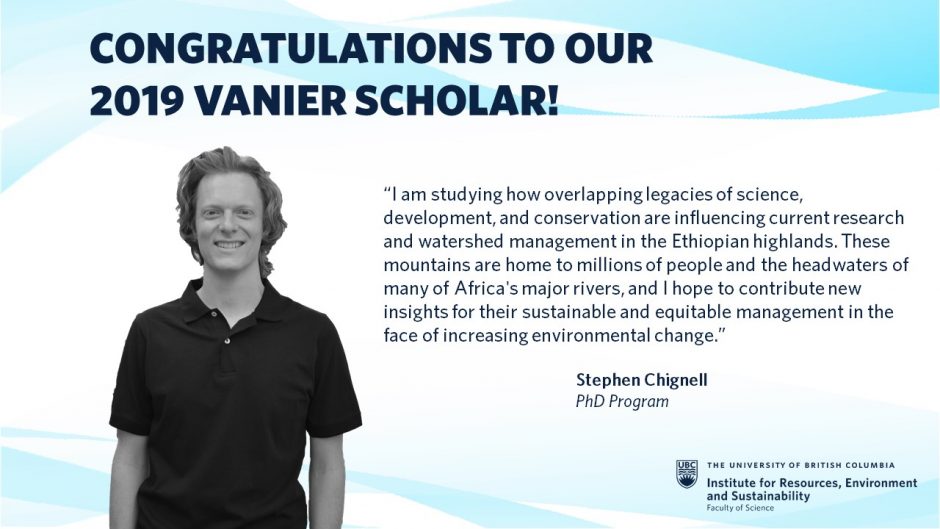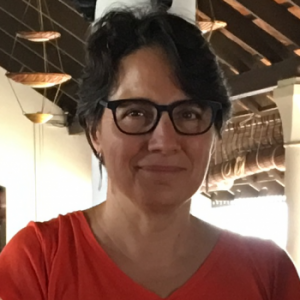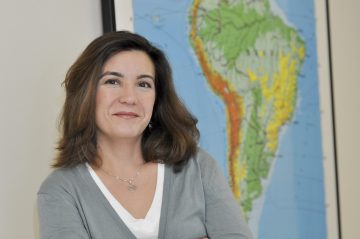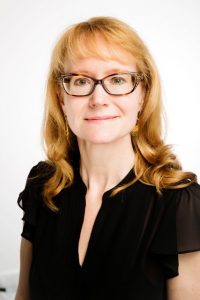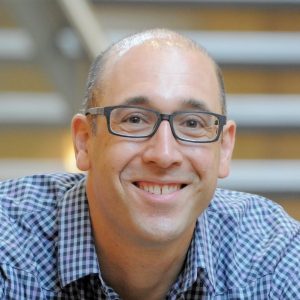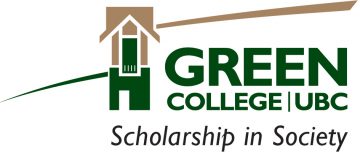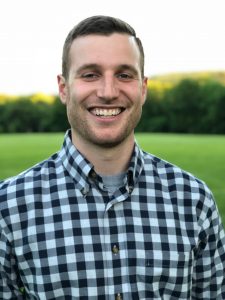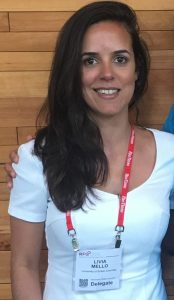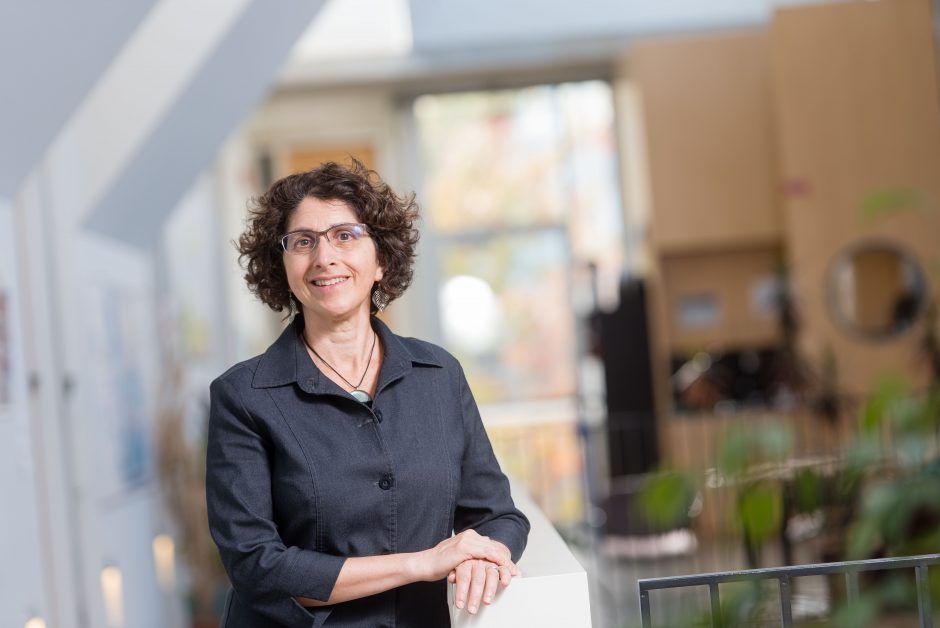
UBC ecologist Claire Kremen has been awarded an honorary degree by the American Museum of Natural History.
Claire Kremen, a UBC ecologist and biologist whose research involves reconciling agricultural land use with biodiversity conservation, has been awarded an honorary degree by the American Museum of Natural History (AMNH).
Kremen received the degree Doctor of Science Honoris Causa from the AMNH Richard Gilder Graduate School in “recognition of her extraordinary contributions to science, education and society.”
“I’m deeply honored to follow in the footsteps of scientists I greatly admire who have received the Museum’s honorary degrees—including Rita Colwell, Alison Richards, EO Wilson and Jane Lubchenco,” said Kremen.
“Natural history museums around the world, including the American Museum of Natural History and Beaty Biodiversity Museum at UBC, play an essential and increasingly critical role in helping us better understand, and work toward preserving, our planet’s biodiversity.”
A professor with the Institute for Resources, Environment and Sustainability and the Department of Zoology since January 2019, Kremen holds the UBC President’s Excellence Chair in Biodiversity. Her current research focuses on exploring whether diversified, agro-ecological farming systems can promote species dispersal and survival. Kremen is also part of UBC’s BeeHIVE Research Cluster, a multidisciplinary group dedicated to tackling the complex issues that affect the health of wild and managed honey bees, the Diversified Agroecosystems Research Cluster, which assesses linked social and ecological outcomes of diversified farming, and UBC’s Beaty Biodiversity Research Centre.
“We face great science-based challenges today, such as climate change and habitat and species loss, all exacerbated by a growing mistrust of science, evidence and expertise,” said Ellen V. Futter, President of the AMNH. “But we also live in a new golden age for science, with powerful new technologies, cross-disciplinary ways of working, and emerging fields that are yielding and will continue to yield new solutions and sustain humanity’s progress.”
Kremen has worked for over a decade for the Wildlife Conservation Society and the Xerces Society, designing protected area networks and conducting biodiversity research in Madagascar. She has won numerous honours—including a MacArthur Fellowship—for her contributions to ecology, agriculture and biodiversity. Prior to her current role at UBC, she held faculty appointments at Princeton University and then at the University of California, Berkeley, where she was founding faculty director for the Center for Diversified Farming Systems and the Berkeley Food Institute.
The American Museum of Natural History, founded in 1869, is one of the world’s preeminent scientific, educational and cultural institutions. The Museum encompasses 45 permanent exhibition halls, and is home to approximately 200 scientists. Researchers at the Museum draw on a collection of more than 34 million artifacts and specimens and on one of the largest natural history libraries in the world. The Richard Gilder Graduate School draws on the Museum’s world-renowned collections, distinguished faculty, and tradition of globe-spanning expeditions for its PhD program in comparative biology, which covers the origins, history and range of life on Earth.
See more:
